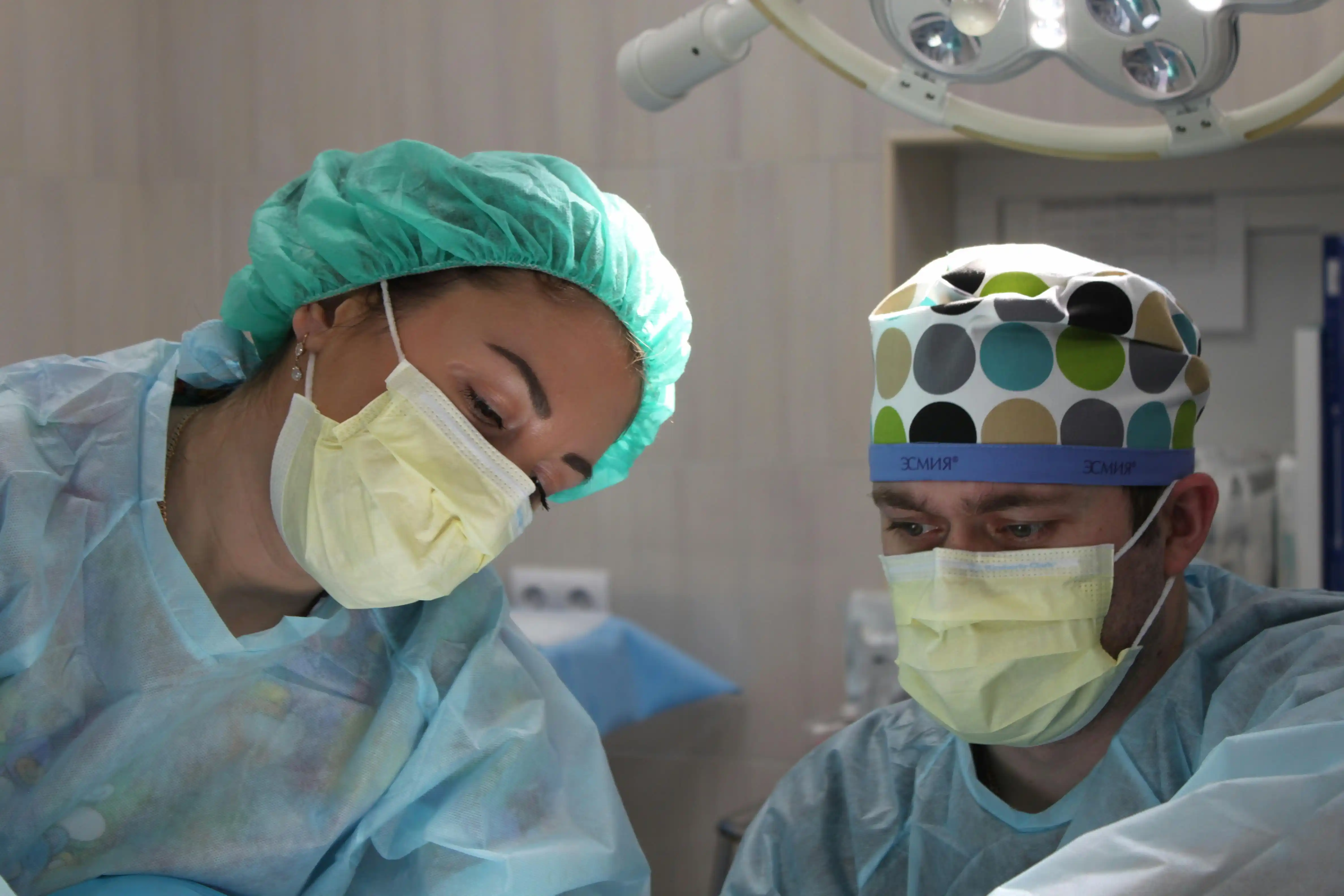
United Kingdom Study Programs
Explore the diverse academic programs and educational opportunities available in United Kingdom.
Top Study Programs in the United Kingdom
An overview of the most prestigious and in-demand academic programs for international students in the UK.

Business & Economics
The UK is home to some of the world's most prestigious business schools and economics departments. The London School of Economics (LSE), Oxford Saïd Business School, Cambridge Judge Business School, and London Business School consistently rank among global leaders. UK business education is known for its international perspective, analytical rigor, and strong industry connections.
UK business programs are typically shorter than their US counterparts, with undergraduate degrees taking three years and MBA programs often completed in 12-18 months. This concentrated approach offers excellent value while maintaining high academic standards. Specialized Master's programs in finance, management, marketing, and entrepreneurship provide focused expertise in specific business domains.
Economics programs at institutions like LSE, Oxford, Cambridge, and University College London are highly quantitative and theoretical, preparing graduates for careers in finance, consulting, public policy, and academia. The proximity to London, Europe's financial center, offers unique networking and internship opportunities with global corporations and financial institutions.

Engineering
Engineering education in the UK combines theoretical foundations with practical application, with institutions like Imperial College London, Cambridge, Oxford, and Manchester University leading in research and innovation. UK engineering degrees are accredited by professional bodies such as the Engineering Council, ensuring graduates meet industry standards.
The UK offers both three-year BEng (Bachelor of Engineering) and four-year MEng (Master of Engineering) undergraduate programs, with the latter providing a direct route to Chartered Engineer status. Specialized Master's programs in emerging fields like sustainable energy, biomedical engineering, artificial intelligence, and robotics offer advanced training with world-class researchers.
UK engineering programs emphasize project work and often include industrial placements or "sandwich years" where students gain professional experience. These programs benefit from strong relationships with industry partners and research centers across the UK. The UK's leadership in sectors like aerospace, automotive, renewable energy, and biomedical research provides excellent career pathways for engineering graduates.

Law
Legal education in the UK offers different pathways than the US system. The primary law degree is the undergraduate LLB (Bachelor of Laws), typically completed in three years. For those with degrees in other subjects, the one-year Graduate Diploma in Law (GDL) provides conversion to legal studies. Top law schools include Oxford, Cambridge, LSE, UCL, and King's College London.
International students often pursue the one-year LLM (Master of Laws) programs, specializing in areas like international law, commercial law, human rights, or intellectual property. These programs attract a diverse global cohort and leverage the UK's influence in international legal systems, particularly common law traditions that influence many countries worldwide.
UK legal education emphasizes case law analysis, legal research skills, and critical thinking. Students benefit from mooting competitions, law clinics, and proximity to major legal centers, particularly London's Inns of Court and international law firms. For those interested in academic and comparative perspectives rather than practice qualifications, the UK offers renowned research programs in legal theory, comparative law, and legal history.

Medicine & Healthcare
Medical education in the UK follows two main paths: the traditional five-year undergraduate medicine programs (leading to MBBS or MBChB degrees) and the four-year graduate entry programs for those with relevant science degrees. Top medical schools include Oxford, Cambridge, Imperial College London, UCL, and Edinburgh, known for their research output and clinical training.
International students interested in healthcare fields can also pursue degrees in nursing, dentistry, pharmacy, and allied health professions. The UK's National Health Service (NHS) provides a unique training environment with exposure to a universal healthcare system. Master's programs in public health, health policy, and global health at institutions like the London School of Hygiene and Tropical Medicine are world-renowned.
UK medical education integrates scientific foundations with early clinical exposure and problem-based learning approaches. Programs emphasize evidence-based practice and benefit from strong connections to teaching hospitals and research institutes. While practicing medicine in the UK requires additional steps beyond graduation, the medical education provides an excellent foundation for careers worldwide.

Arts & Design
The UK has a rich tradition of arts and design education, with institutions like the Royal College of Art, University of the Arts London (including Central Saint Martins), and Glasgow School of Art at the forefront of creative innovation. These programs combine traditional craft skills with cutting-edge technology and critical theory, preparing students for careers in an evolving creative economy.
UK art and design education emphasizes studio practice, critical discourse, and professional development. Programs in fashion design, graphic communication, industrial design, fine art, and digital media benefit from the UK's vibrant creative industries and cultural institutions. London's position as a global design hub offers unparalleled exposure to contemporary practices and professional networks.
Performing arts training at institutions like the Royal Academy of Dramatic Art (RADA), Royal College of Music, and Trinity Laban Conservatoire provides world-class instruction in theatre, music, and dance. These programs feature rigorous technical training, performance opportunities, and professional connections to the UK's renowned theatre, music, and film industries, centered in cultural hubs like London, Edinburgh, Manchester, and Glasgow.

Sciences
Scientific research and education in the UK benefit from centuries of academic tradition and cutting-edge innovation. Institutions like Cambridge, Oxford, Imperial College London, and Edinburgh excel across disciplines including physics, chemistry, biology, and earth sciences. UK science degrees typically take three years at the undergraduate level, with integrated Master's programs (MSci, MChem, etc.) extending to four years.
The UK leads in fields like biochemistry, genetics, quantum physics, astronomy, and climate science. Research-intensive universities offer opportunities to engage with pioneering work through undergraduate research projects and laboratory rotations. Specialized research institutions like the Francis Crick Institute, Wellcome Sanger Institute, and the Laboratory of Molecular Biology provide additional research environments.
UK science education emphasizes independent thinking, experimental design, and analytical skills. The tutorial system at Oxford and Cambridge provides personalized guidance, while other universities offer small-group teaching alongside lectures and laboratory work. Science graduates from UK institutions are highly regarded globally for their rigorous training and research capabilities.

Computer Science & Information Technology
The UK offers excellent computer science and IT education, with Oxford, Cambridge, Imperial College London, UCL, and Edinburgh leading in research and teaching. These programs combine theoretical computer science with practical software engineering skills and specialized knowledge in areas like artificial intelligence, machine learning, cybersecurity, and human-computer interaction.
UK computer science degrees typically take three years at undergraduate level, with four-year integrated Master's options (MEng) providing additional depth and often including industrial placements. One-year taught Master's programs offer specialized training for career changers or those seeking advanced expertise. The UK's thriving tech sector, particularly in London's Tech City, Manchester's MediaCity, and Cambridge's Silicon Fen, provides excellent industry connections.
Computer science education in the UK emphasizes algorithmic thinking, mathematical foundations, and software development skills. Many programs incorporate team projects, hackathons, and industry-sponsored challenges. The UK's contributions to computing history (from Alan Turing to the development of the World Wide Web) and current innovations in AI, quantum computing, and data science provide an inspiring context for study and future career development.
More About United Kingdom
Discover other aspects of student life and opportunities in United Kingdom.
Ready to Study in United Kingdom?
Take the first step towards your international education journey with IOES.




